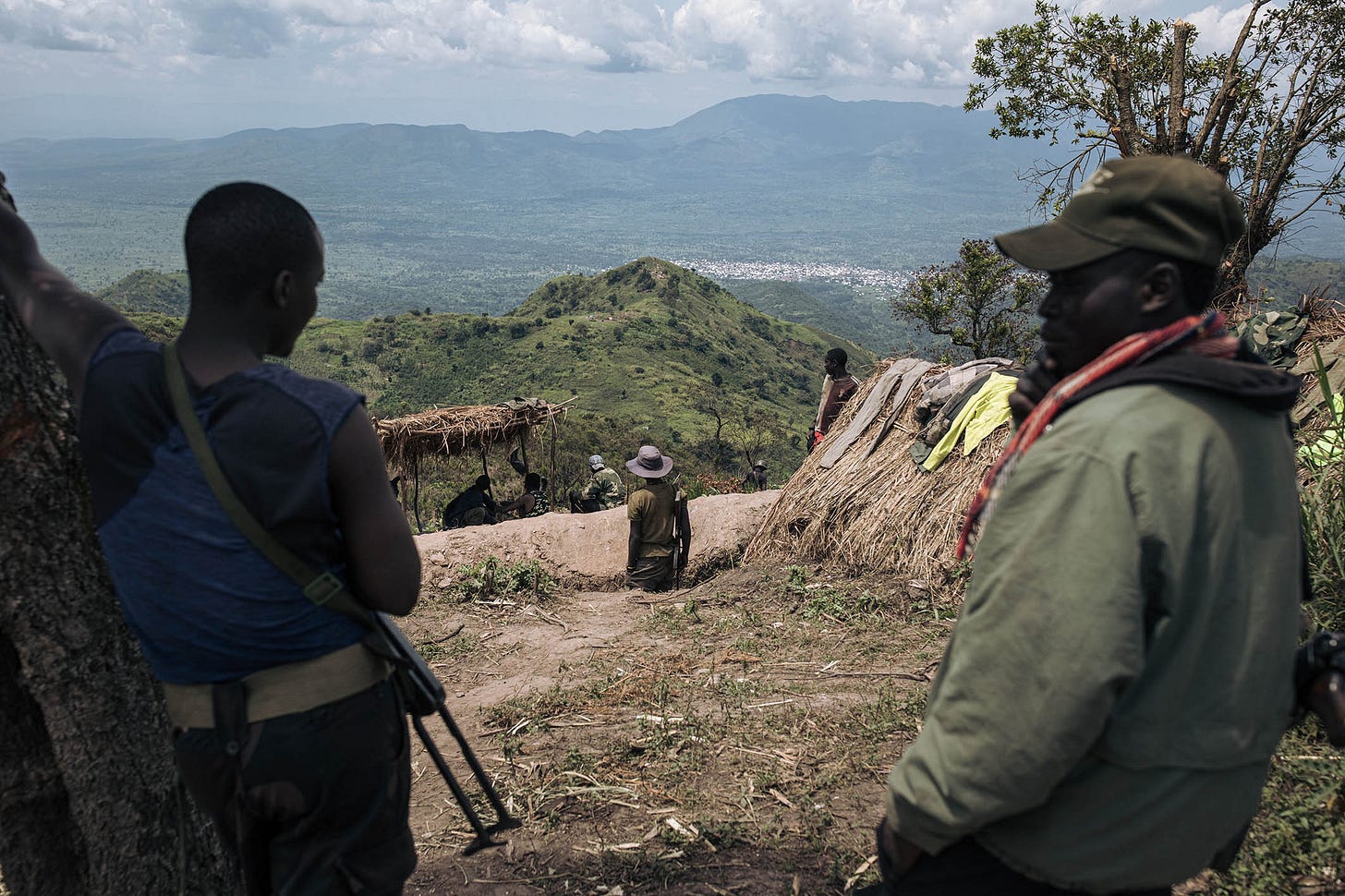DRC: Is anyone paying any attention?
The world is ignoring the conflict in Africa’s most resource-rich country.
Marché Arends

Congolese activists are calling on African leaders to show more solidarity with the victims of the “forgotten crisis” in the Democratic Republic of Congo.
More than seven million people have been driven from their homes by conflict, including 1.8-million in the past six weeks alone. A humanitarian truce between the Congolese army and the M23 rebel group announced by the United States on 5 July quickly collapsed, with fighting flaring up again last Friday.
“I don’t even have the words to describe the situation. Catastrophic is an understatement,” said Justine Masika Bihamba, the founder of Synergy of Women for Victims of Sexual Violence. She noted that sexual violence and abuse in the conflict had sharply increased.
Speaking at an online media briefing convened by Crisis Action, an international NGO advocating for the protection of civilians during armed conflict, activists expressed fears the violence could worsen in coming weeks.
Bihamba urged African leaders at the upcoming African Union Executive Council meeting in Accra to acknowledge the suffering of the Congolese people. Addressing the presidents of Rwanda and the DRC specifically, Bihamba said: “I beg you to set your egos aside and see the situation for what it is. Find peace so people can return to their villages.”
The threat of regional destabilisation is growing as tension between Rwanda and Kinshasa mounts. A recent report by United Nations experts on the DRC said that close to 4,000 Rwandan soldiers were f ighting on the side of the M23 rebels. In their 293-page report the experts said its army’s de facto control ultimately made Rwanda “liable for the actions of M23”.



